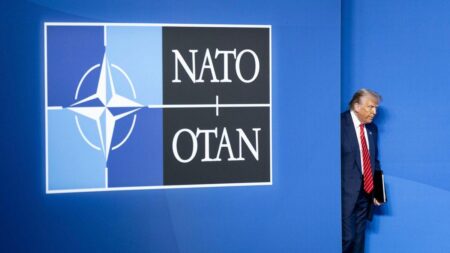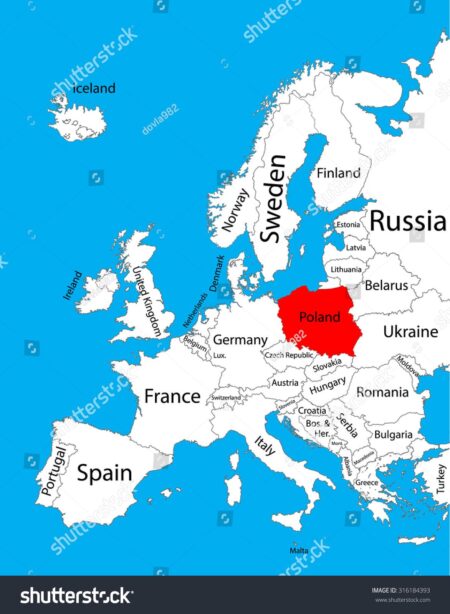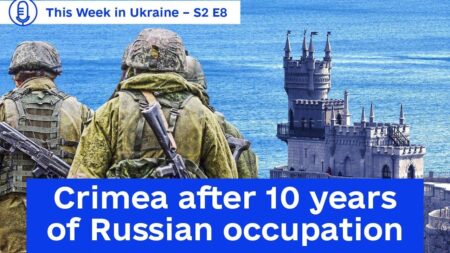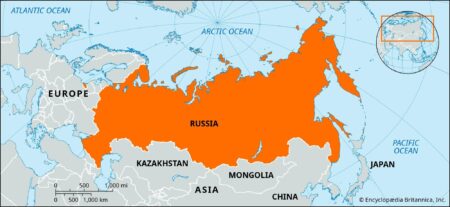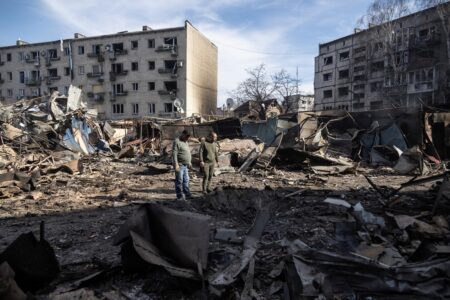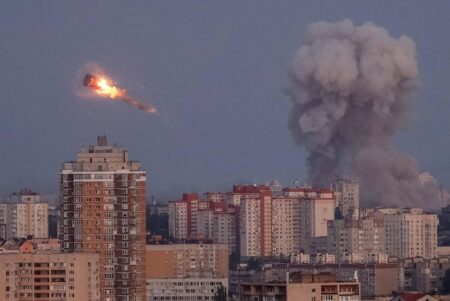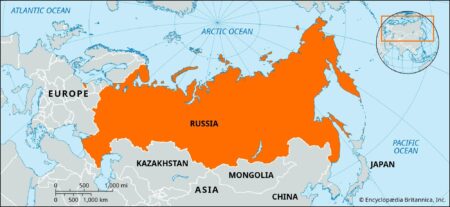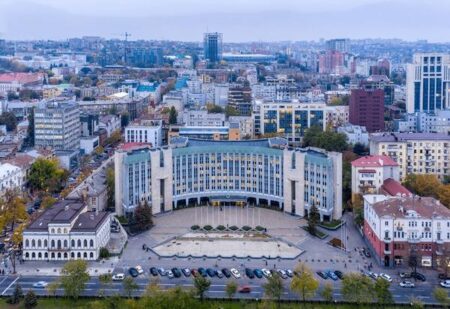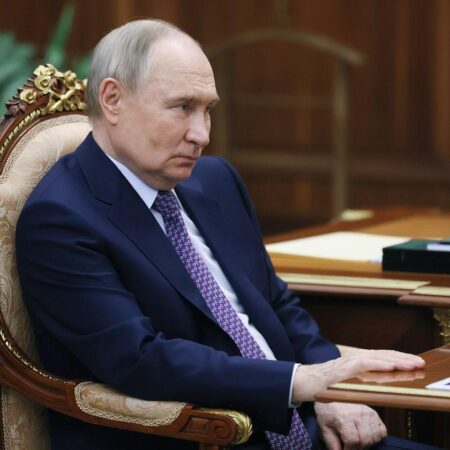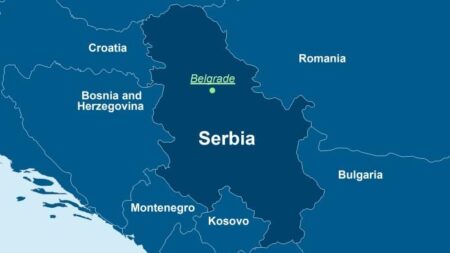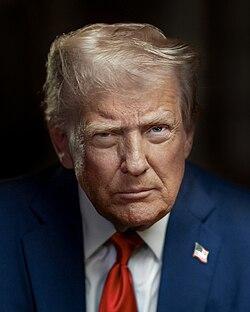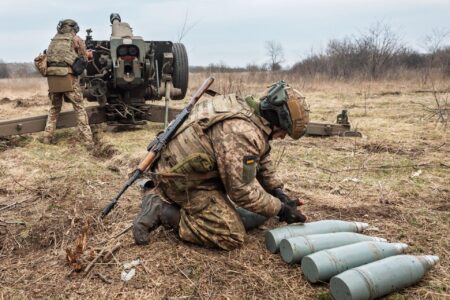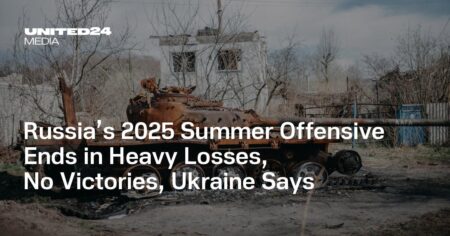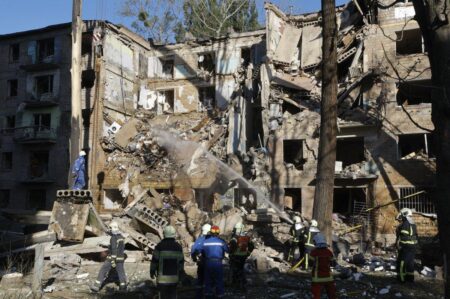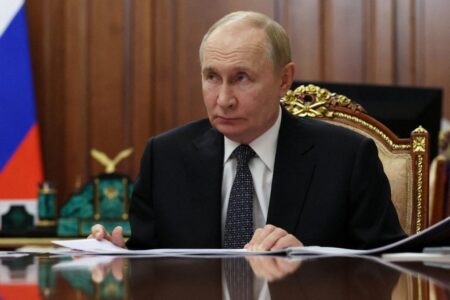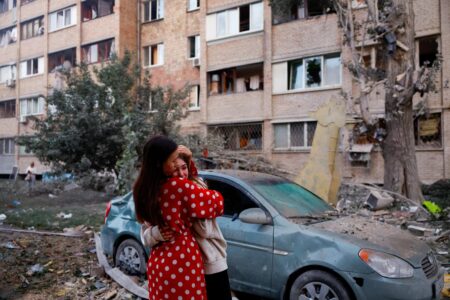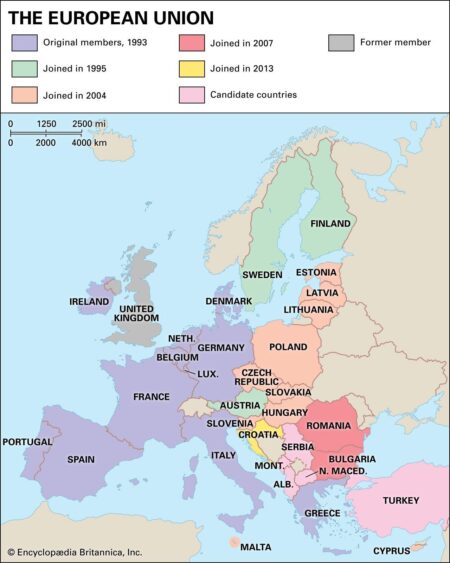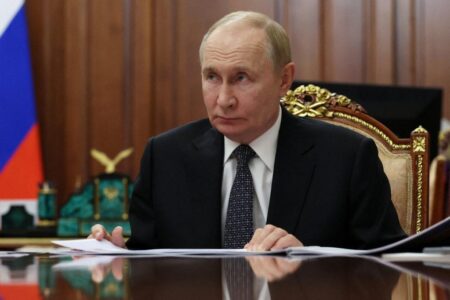The Day with Phil Gayle takes you inside the latest Russia-Belarus military drills, revealing intense joint exercises unfolding amid rising geopolitical tensions. DW uncovers the high-stakes strategies and mounting worries over regional security
Browsing: Eastern Europe
Russian wargames near NATO borders have sharply escalated tensions after a drone incursion into Poland, igniting widespread fears about regional security and intensifying urgent demands to strengthen alliance defenses, Bloomberg reports
NATO has dramatically boosted its defenses following the downing of Russian drones over Poland. This decisive move aims to reinforce regional security amid escalating tensions between Russia and NATO member nations, officials reveal
Poland and its allies have successfully intercepted a “huge number” of Russian drones amid rising tensions, denouncing the attacks as a daring “act of aggression.” This alarming escalation underscores growing concerns over regional security, Euronews reports
Russian forces have tightened their grip on eastern Ukraine amid escalating clashes, but local resistance continues to fight fiercely. Supply lines are coming under growing pressure as international sanctions intensify, fueling this relentless and intense conflict
Russia bombs Ukraine almost every night, turning the simple act of sleep into a terrifying ordeal. The Washington Post powerfully captures the haunting echoes of explosions shaking cities, revealing the relentless toll on civilians trapped in the crossfire
Russia launched its most massive drone strike on Kyiv since the war began, targeting critical infrastructure. Although the attack caused significant damage, Kyiv’s defenses effectively limited its impact, officials report
Russia has launched its most massive air assault on Ukraine to date, striking key government buildings and escalating the conflict dramatically. Ukrainian officials report widespread destruction as tensions soar, sparking increasing international concern
Russia launched its most massive air assault on Ukraine to date, setting Kyiv’s central government building ablaze. The powerful strike caused severe damage, escalating tensions as Ukraine braces for further attacks, NBC News reports
Ukraine has confirmed that Russian forces have breached a vital area of Dnipropetrovsk, marking a significant escalation in the conflict. The BBC spotlights this alarming turn of events amid mounting tensions in eastern Ukraine
Russian President Vladimir Putin has issued a stark warning: any foreign troops operating in Ukraine will be considered legitimate military targets, escalating the already tense and high-stakes conflict, Reuters reports
Serbia stands resolute in the face of international pressure, as President Aleksandar VuÄŤić boldly declares that the nation will not impose sanctions on Russia. Emphasizing the crucial need to protect Serbia’s sovereign decisions, he underscores the country’s commitment amid escalating geopolitical tensions
Former President Trump boldly set unmistakable “red lines” during the Ukraine-Russia tensions, warning of severe consequences if they were crossed. Yet, as the conflict escalates, those warnings have quietly faded-prompting many to question their lasting impact and relevance in the crisis unfolding today
Europe is bracing for potential troop deployments amid escalating tensions in Ukraine. Meanwhile, President Zelenskyy vows a swift and powerful response following recent drone strikes on vital sites
Russia’s 2025 summer offensive has come to a costly halt, suffering heavy losses without capturing any new territory, Ukraine’s military reports. This failed campaign highlights the fierce and unyielding resistance amid escalating conflict
At least one person has tragically lost their life, and dozens more have been injured in a recent Russian aerial assault on Ukraine, officials report. The strike targeted civilian neighborhoods, intensifying the already volatile conflict in the region
Russia’s top general has vowed to continue military strikes against Ukraine, signaling an unyielding offensive despite worldwide appeals for de-escalation. The conflict shows no signs of easing up
Europe is urgently exploring the creation of a Ukraine-Russia buffer zone-a daring last effort to halt the relentless conflict and underscore the critical need for a diplomatic breakthrough
The European Union has strongly condemned the recent Russian strike on an office in Kyiv, branding it a clear and unacceptable breach of international law. They are urgently demanding swift de-escalation to protect civilians and uphold peace
Russia has blasted Ukraine and Western nations for blatant hypocrisy following recent strikes in Kyiv, condemning what it calls selective outrage and delivering a chilling warning about escalating tensions in the ongoing conflict



